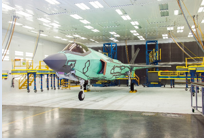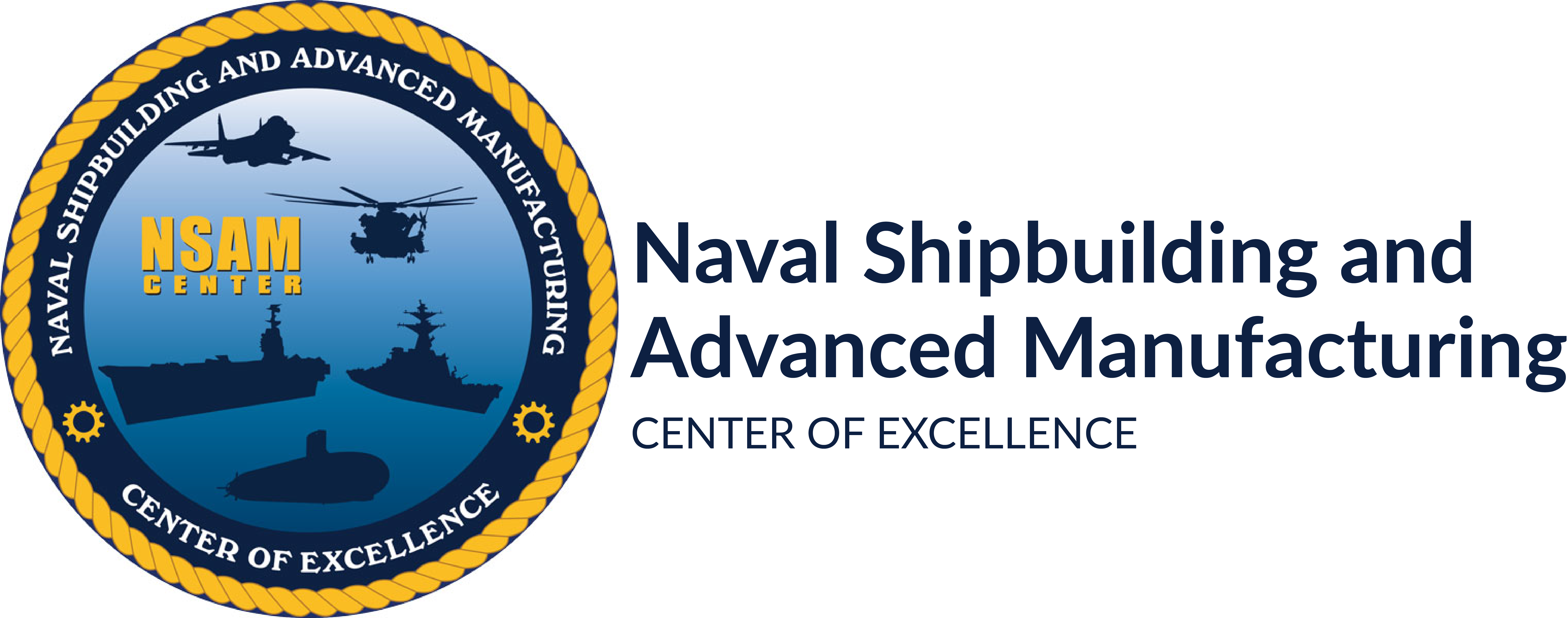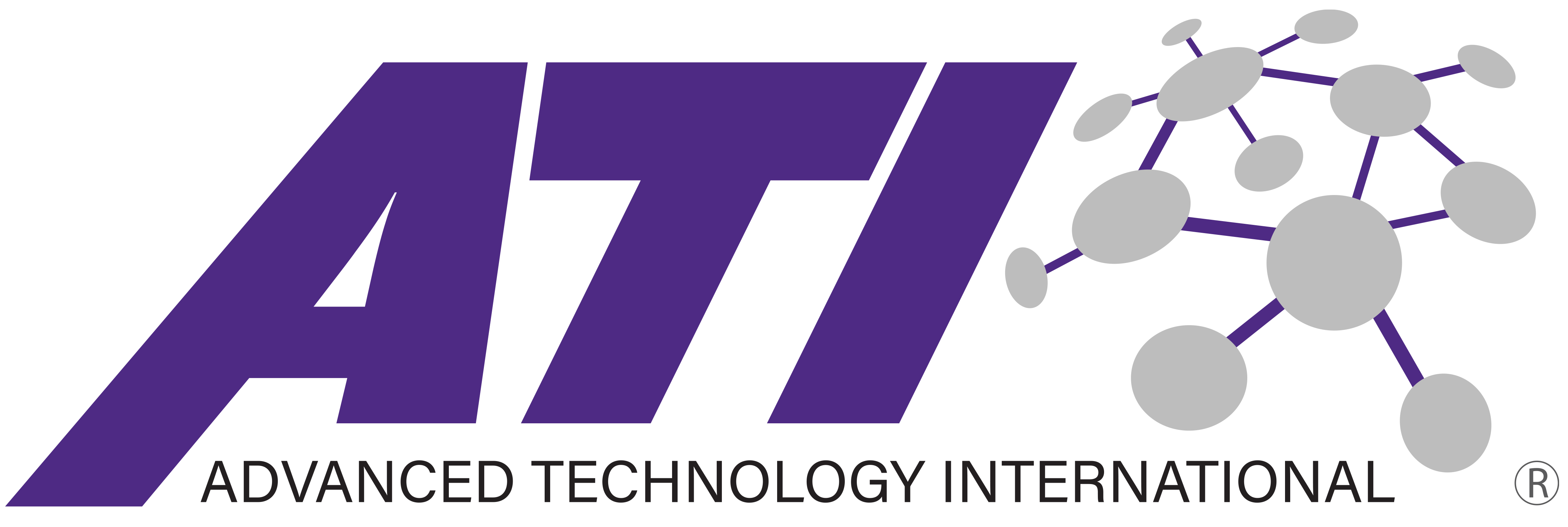Project Participants: Lockheed Martin Corporation
Project Start: September 2015
Various fundamental elements contribute to the establishment of the F-35 as the single most advanced warfighter in aviation history. Several factors, such as an integrated airframe design and the incorporation of innovative materials, contribute to the effectiveness of the F-35. Every detail counts toward achieving the advanced performance capabilities, and tight tolerances are held at every stage of the aircraft assembly. Meeting these tight tolerances has proven to be challenging in terms of manufacturing time and cost and finding accurate measurement technology has proven to be just as difficult. For the F-35, the combination of overly thick primer application and the absence of accurate measurement technology commonly results in failures that require many hours of unplanned rework.
The Lockheed Martin Primer Thickness Measurement and Supply Base Quality project aims to develop a method to provide painters with the ability to accurately apply the primer at the correct thickness thereby minimizing the additional costs of rework contributed from deficient panels. This project is scheduled to be executed throughout a 24 month duration, during which the project team will investigate multiple tools/methods capable of proving thickness measurements of the primer coating over composite panels without damaging the primer surface or requiring additional rework. Following a down-select, the preferred technology will then be further developed for implementation into F-35 production.
The project is anticipated to reduce the labor and costs associated with rework, improve first pass quality, and reduce process span time. Accurate measurements of the primer coating thickness will improve first pass quality and eliminate the mandatory rework required for out of tolerance panels. LM anticipates full implementation of the primer thickness measurement technology in LRIP 11 during Q1 FY18. Early estimates forecast a 20% reduction in rework activities related to primer thickness. Assuming an LRIP 11 implementation during the first quarter of FY18, the estimated reduction correlates to a per-aircraft savings of $35.5K and a total program savings of over $70M. This technology will also be disseminated to individual part suppliers enabling the supply base to accurately apply and assess the primer coating on their parts prior to shipment, eliminating tedious rework during the later stages of the production process.
Project Related Reports & Documents




